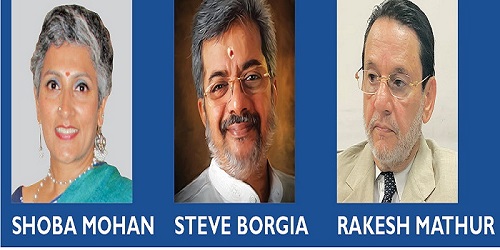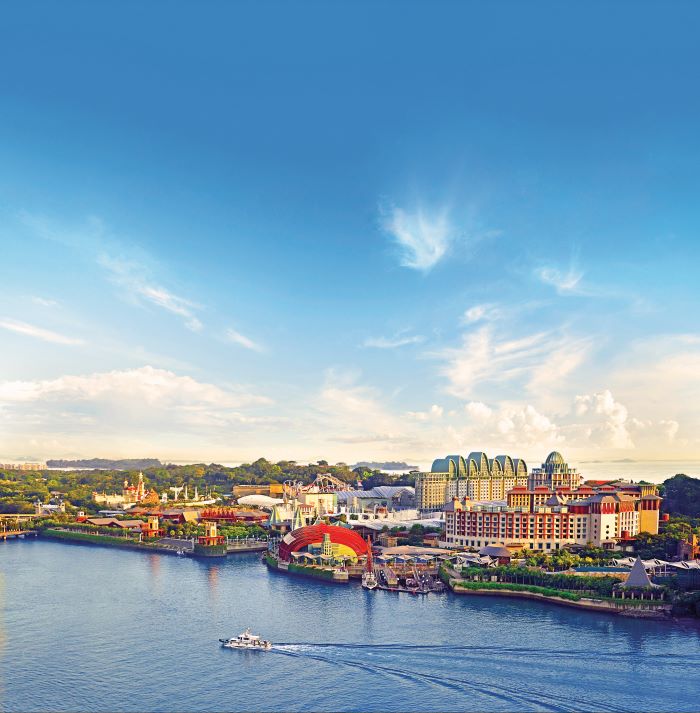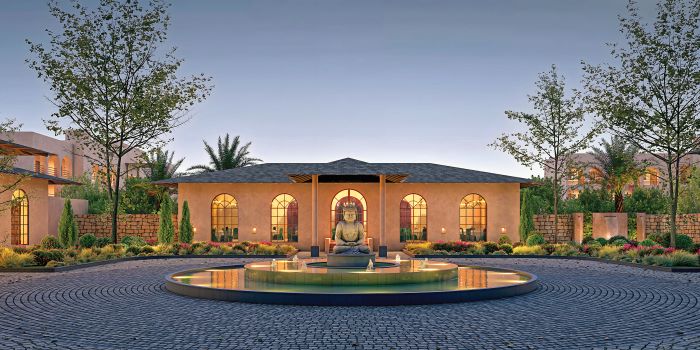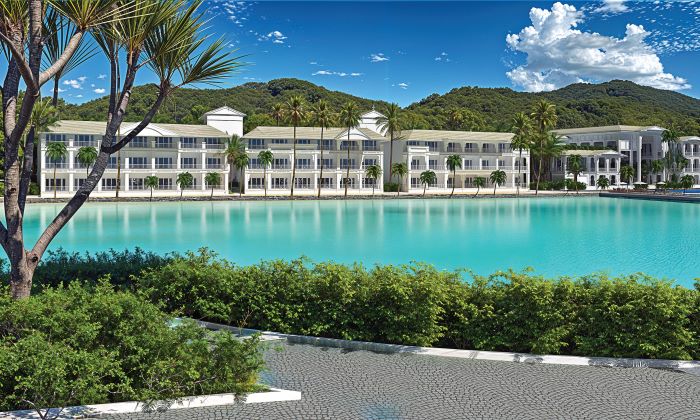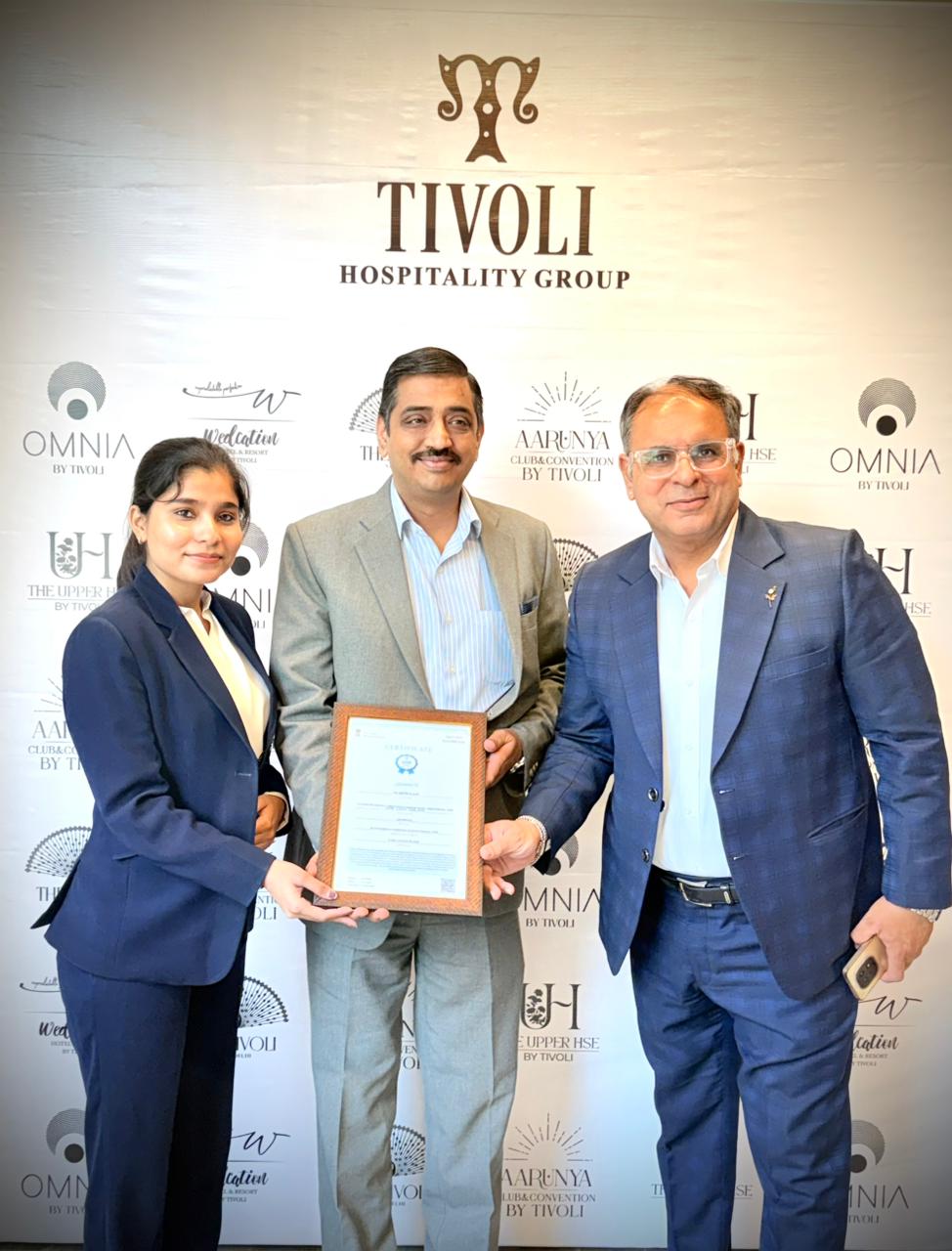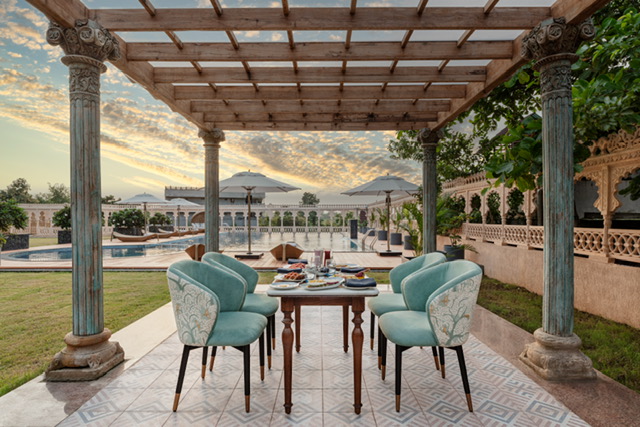The COVID-19 crisis may have expedited the adoption of sustainable practices in the travel and tourism world.
Neha Rawat
One thing that the COVID-19 crisis has reignited is the focus on sustainability, and more importantly, its necessity in the post-COVID world. While earlier the subject of sustainability being part of all tourism activities was often debated, today, it only gets a resounding yes from all corners of the travel and tourism world.
Shoba Mohan, Founder, RARE India, says that while there are people who feel sustainability needs to be followed as a strategy, some others believe that it has to be set aside. “It’s all about individual understanding. Today, with nature reviving itself, I hope people take cognisance of the fact that sustainability is not a choice. While COVID-19 might affect many of us, climate change affects each one of us. With earthquakes, locust swarms, etc., what more does one need to be told that we are in the throes of a massive climate crisis?” she questions.
Mohan insists that sustainability is not difficult to follow. “One doesn’t need to do much. All you need is legal compliance to be put up by the government, you need the ministries to put up some policies for overtourism, etc. As a tour operator, one just has to ensure that you make your operations sustainable, try and keep away from plastic, try and use hotels and services that are really focused on these things. We can all work towards sustainable tourism. Change happens not when everybody is doing all the things under sustainable travel, it happens when each one of us does at least some of the things that make up sustainable and responsible tourism,” she asserts.
Steve Borgia, CMD (Creator, Mentor, Developer), INDeco Leisure Hotels is an advocate of responsible and sustainable tourism. He has made sure that the brand has the ethos of sustainability and responsibility at its core. He believes that sustainability is the second name of spirituality. “Tourism that does not benefit local communities is not fair tourism. We need to understand sustainability as the other side of spirituality. Just like spiritual rules, we need to frame sustainability rules and make India live longer. We need to have a new relationship with Earth. We must transform our products and the way we offer services. We have to offer them in a way that guests want and feel safe with,” he shares. Some brands, in fact, are already bringing in that change.
Rakesh Mathur, Director, Lords Hotels & Resorts, says, “In warfare parlance, in such a situation, you take no chances. You adopt a zero-risk policy towards guests, staff, suppliers and all stakeholders. This is the guiding principle behind any workstation, process, service design, procurement that we have to adopt. Hygiene, sanitation, sustainable and responsible practices must become the norm. This is what we have implemented at Lords Hotels. Sustainable tourism practices are here to stay in the post-COVID world, even when a cure is found. Hotels being high consumers of resources and high producers of effluents play a vital role in this. We took initiatives to implement sustainable tourism practices even before COVID-19 spread. Initiatives like minimising plastic, use of glass water bottles, use of dispensers for daily hygiene amenities, water recycling, plants inside the property for cleaner air, etc., to mention a few, were adopted.”
Shoba Mohan
“All you need is legal compliance to be put up by the government”
Steve Borgia
“We need to understand sustainability as the other side of spirituality”
Rakesh Mathur
“Sustainable and responsible practices must become the norm”


